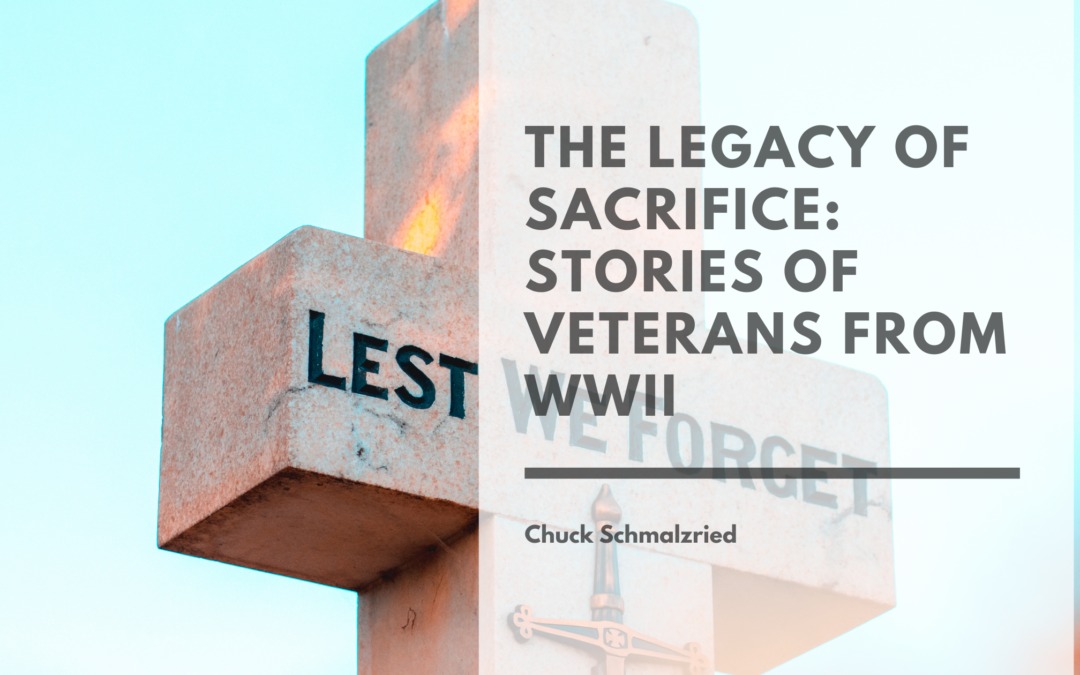World War II remains one of the most defining moments in human history, reshaping nations and leaving an indelible mark on the lives of millions. The veterans who fought in this war represent a generation that answered the call of duty with unmatched courage, determination, and resilience. Their stories are ones of sacrifice, both on the battlefield and at home, where their bravery ensured the freedoms we cherish today.
Answering the Call: Stories from the Frontlines
Many of the veterans who served during WWII were young men and women barely out of their teens. They left behind their families, jobs, and dreams to fight in foreign lands under the most grueling conditions. One such veteran is John Miller, who was just 19 years old when he was drafted into the U.S. Army. Miller was part of the first wave of soldiers who stormed the beaches of Normandy on D-Day. In recounting his experience, he shared how he and his fellow soldiers faced intense enemy fire, but the resolve to fight for a greater cause kept them going. “It wasn’t about being fearless,” he said, “it was about knowing what needed to be done and doing it for the man next to you and for your country.”
Similarly, Ruth Johnson served as a nurse during the war, tending to wounded soldiers in field hospitals near the frontlines. Her contributions were critical in saving countless lives. Johnson often spoke about the emotional toll of caring for injured young men, many of whom never made it home. “It was heartbreaking, but we knew we were making a difference, and that gave us the strength to keep going,” she said. Ruth’s dedication highlights the essential role women played in the war effort, serving not only in medical capacities but also as mechanics, pilots, and codebreakers.
The Impact on Families Back Home
While soldiers fought overseas, families on the home front made sacrifices of their own. With fathers, brothers, and sons away at war, women stepped into roles traditionally held by men. Factories once filled with male workers were now run by women who produced weapons, aircraft, and other supplies critical to the war effort. One such woman was Alice Cooper, who worked in a munitions factory. She recalled the pride she felt in contributing to the war, even if it meant working long hours under dangerous conditions. “We knew our boys were out there fighting, and we had to do our part to support them.”
For many families, the war brought devastating loss. Millions of young soldiers did not return home, leaving behind grieving parents, spouses, and children. Families like that of Private James Williams, who was killed during the Battle of the Bulge, were left to carry on with the knowledge that their loved one had made the ultimate sacrifice for their country. In a letter to his family shortly before his death, Williams wrote, “If I don’t come home, please know I fought for something bigger than myself—for the freedom of others.”
Lessons Learned and a Lasting Legacy
The stories of WWII veterans are not only tales of bravery and sacrifice but also powerful reminders of the cost of freedom. These veterans fought in the harshest conditions, many witnessing the horrors of war firsthand. Despite this, they returned home and helped rebuild their countries, laying the foundation for the peace and prosperity many of us enjoy today.
Many veterans struggled with the aftermath of their experiences. Post-traumatic stress disorder (PTSD) was not widely recognized during WWII, and soldiers were often expected to reintegrate into society without adequate support. Yet, their perseverance and sense of duty continued to define their post-war lives. Veterans like Miller and Johnson remained active in their communities, sharing their stories with younger generations to ensure the lessons of WWII were not forgotten.
The legacy of WWII veterans is one of resilience and enduring patriotism. Their sacrifices ensured a world free from tyranny, and their stories continue to inspire us to strive for a better future. As we remember these veterans, we must also honor their contributions by upholding the values they fought to protect—freedom, democracy, and justice.
